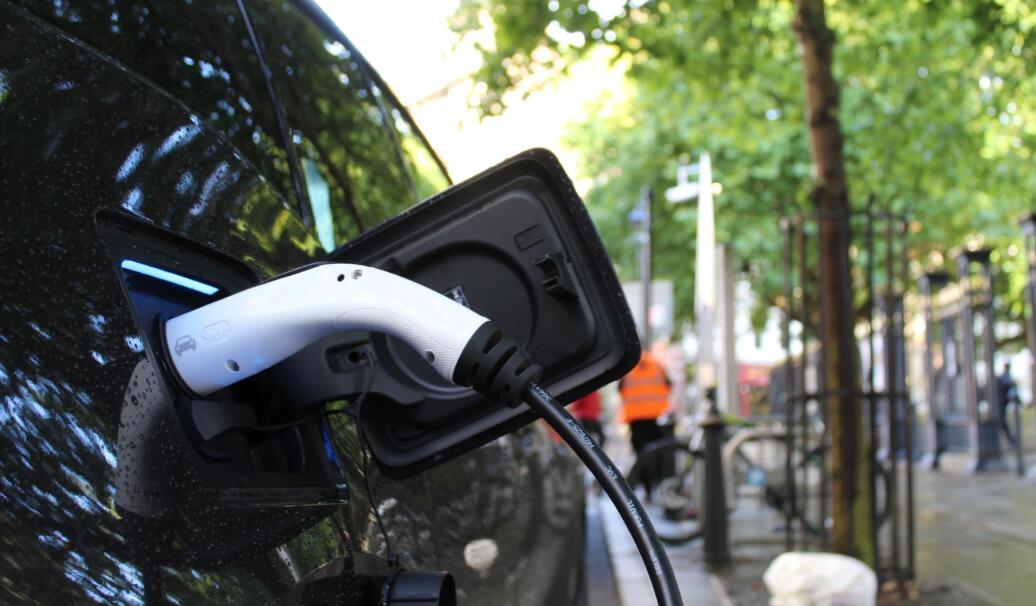Xi'an aims to become a top-tier NEV base in China by 2025.

Promoting the adoption of new energy vehicles (NEVs) is a national goal in China, and local governments are doing their best to meet that goal.
Xi'an, the capital of northwest China's Shaanxi province, aims to reach about 50 percent of NEVs among newly registered private vehicles in the city by 2025, according to a government document.
Given the faster and more manageable electrification of the public sector, the city's NEV penetration - the share of such vehicles in all vehicle sales - is set to exceed 50 percent by 2025, well above China's national target.
According to China's "New Energy Vehicle Industry Development Plan (2021-2035)" released last year, the country aims to achieve NEV penetration of 20 percent by 2025.
A document released on the official website of Xi'an Municipal People's Government on November 4 said it will accelerate the high-quality development of the NEV industry, with the goal of making Xi'an a first-class NEV base in China by 2025.
Xi'an's goal is for the total industrial output value of the NEV industry to account for more than 40 percent of the city's auto manufacturing industry by 2025, and for the city's NEV holdings to reach about 500,000, according to the document.
The city's public sector will see full electrification by then, and the penetration rate of NEVs for heavy-duty trucks and engineering vehicles will be increased, striving to achieve full electrification by 2030, according to the document.
In terms of private vehicles, the city will continue to implement preferential policies such as parking convenience, unlimited traffic and subsidies for charging piles for NEVs.
Xi'an will accelerate the construction of charging infrastructure, with the goal of having 200 charging stations and 10,000 charging piles by 2022.
The city strives to have 350 charging stations and 20,000 charging piles by 2025, according to the document.
JPMorgan expects China's NEV penetration to reach 35% by 2025



